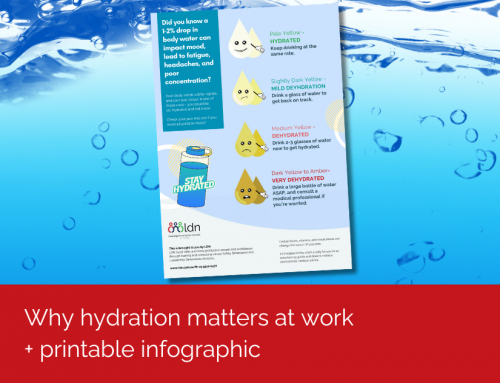As technology and AI handle more routine tasks, workplace success now relies on more than just technical skills and intellect. Research indicates that Emotional Intelligence (EQ) accounts for nearly 90% of what separates high performers from their peers with similar technical abilities.
Emotional Intelligence, or EQ, is the ability to understand and manage your own emotions while recognising and positively influencing the emotions of others. It goes beyond emotional control—EQ involves using emotions to inspire creativity, solve problems, and build stronger, more effective relationships and teams.
EQ vs. IQ: Why emotional intelligence matters more
While IQ (Intelligence Quotient) measures cognitive abilities like logical reasoning and analytical thinking, studies show that IQ accounts for only about 20% of success in life and work. The remaining 80% is said to be driven by EQ. However, how much effort do we actually put into developing this crucial skill?
EQ has become an essential leadership skill because it empowers leaders to manage both their own emotions and those of their team members. Leaders with high EQ use empathy, self-awareness, and strong social skills to inspire and motivate, navigate conflicts, and create an environment where both individuals and organisations can thrive.
Strikingly, only 42% of companies offer EQ training, yet businesses that do invest in EQ are 3.2 times more effective in leadership development.
The benefits of high EQ Leaders
Improved Psychosocial Safety
Leaders with high EQ foster an environment where employees feel valued, understood, and psychologically safe, promoting better mental health outcomes, reduces workplace stress, and builds resilience.
Enhanced Team Collaboration and Conflict Resolution
High EQ enables leaders to navigate complex social dynamics and resolve conflicts effectively. By understanding diverse perspectives, leaders can build stronger collaboration and mutual respect within their teams.
Greater Adaptability and Innovation
Emotionally intelligent leaders can adapt to change with resilience and inspire creative problem-solving allowing leaders to harness emotions constructively, which can lead to innovative solutions and a more agile team.
Better Employee Retention and Engagement
Employees are more likely to stay with a leader who values and understands their emotional needs. High EQ helps leaders build trust and loyalty, leading to higher retention rates and increased engagement.

The Four Dimensions of Emotional Intelligence
The capacity to manage your emotions, particularly in stressful situations, and maintain a positive attitude.
Social awareness
The skill to understand and empathise with the emotions of others, recognising social dynamics within a group.
Relationship management
The ability to manage relationships to move people into a desired direction, effectively resolving conflicts and inspiring others.
Emotional intelligence can be cultivated over time, regardless of age, as long as it’s given consistent attention and effort. With targeted training and practice, leaders can enhance their EQ and drive meaningful change within their teams and organisations.
As technical tasks become increasingly automated by AI, it will be the human centred skill of Emotional Intelligence that will be the key differentiator in a leader’s success. Organisations that invest in EQ training will not only enhance their leaders’ effectiveness but also build a resilient, engaged, and innovative workforces.
Science Direct EQ vs. IQ Which is Most Important in the Success or Failure of a Student?
Research data from Gitnux Data Research on Global Mental Health statistics.






